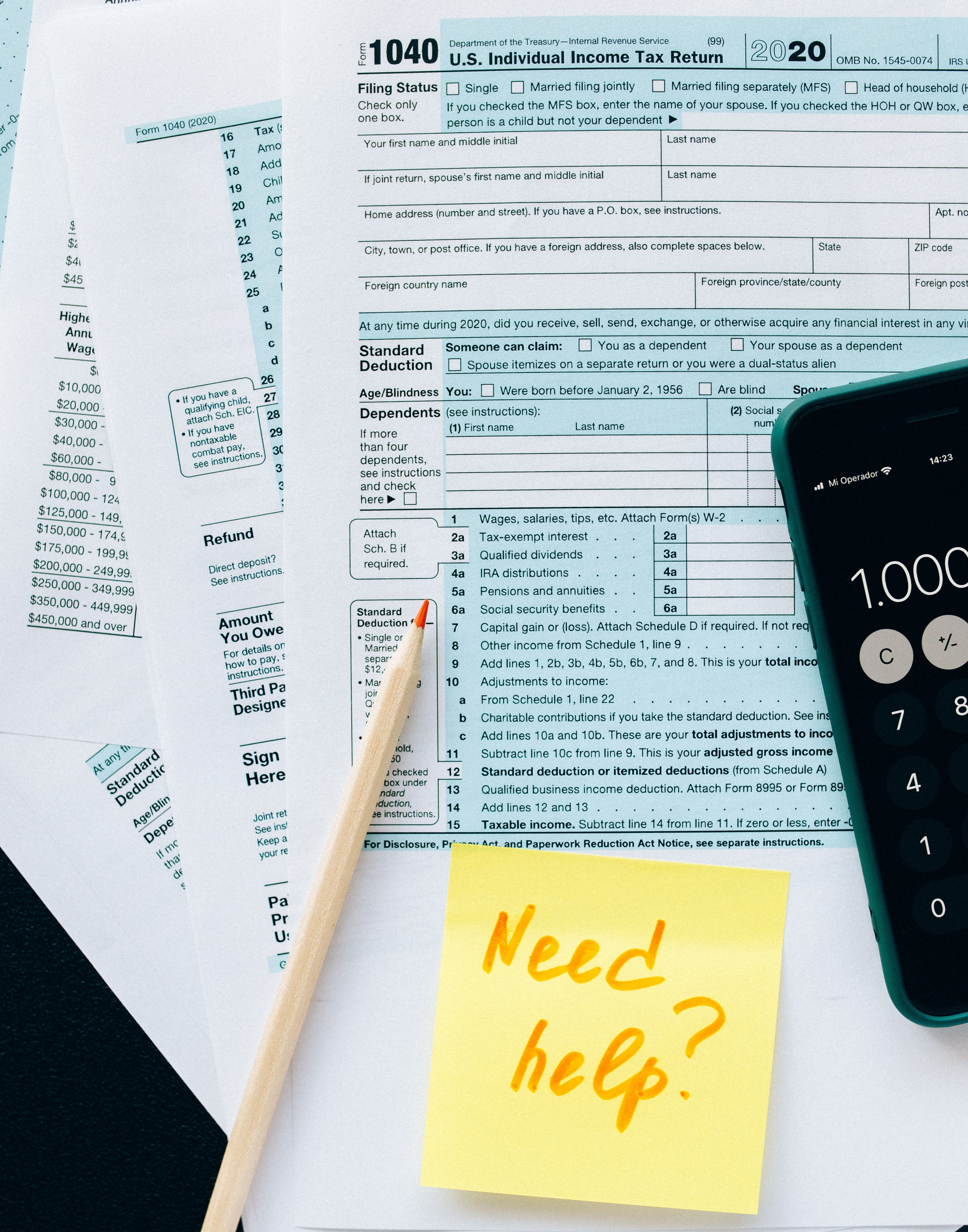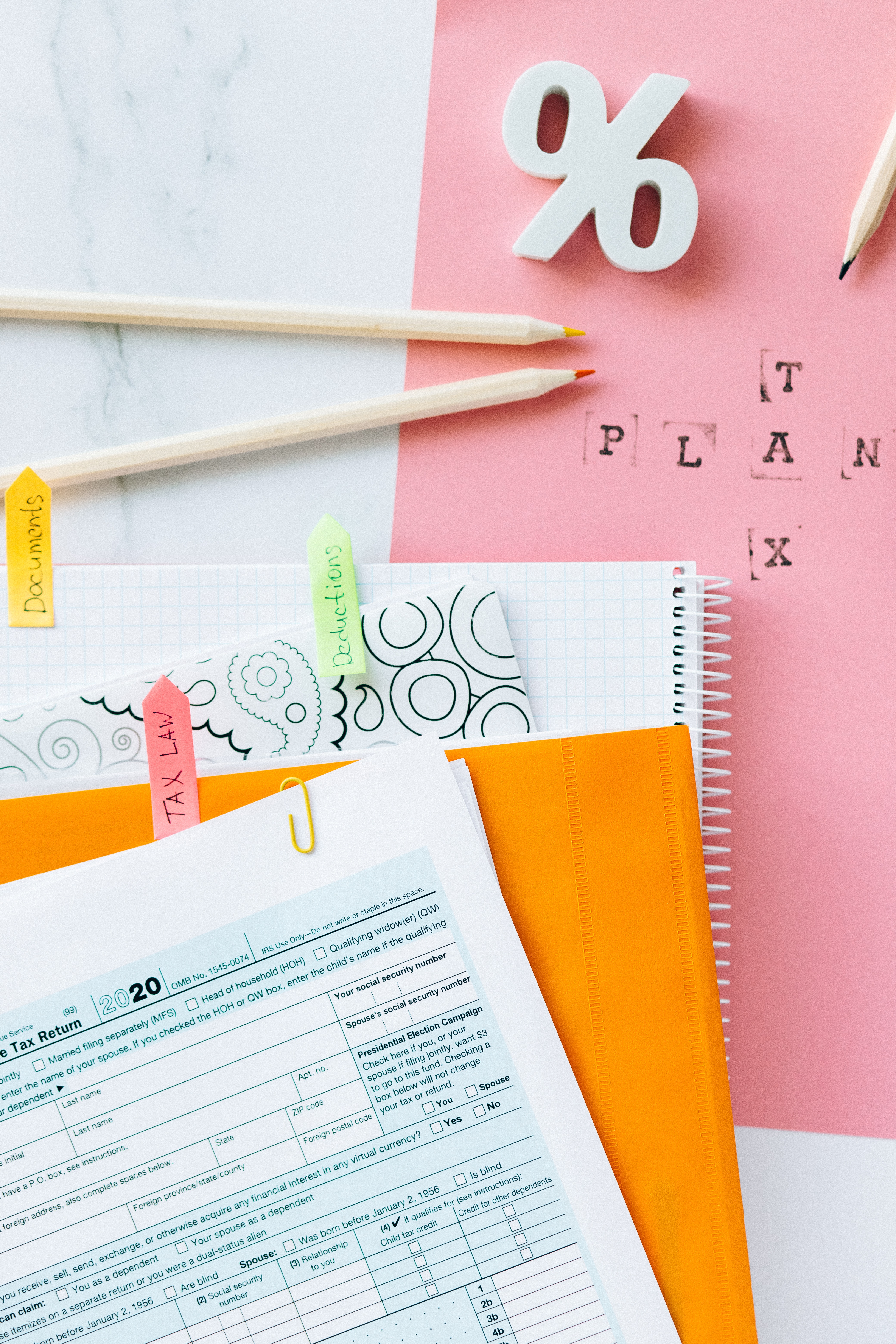How to Manage Your Accounts as a Small Business


The number of small businesses is rapidly rising, especially with a surge in the number of people opting to become self-employed, following the 2007 recession, and more recently with the Coronavirus outbreak. With so many people choosing to venture out on their own, it is important to learn the basics of business. If you’re looking to learn more about working for yourself, then check out our guide on this topic.
If you don’t effectively manage the accounts and financials of your business, then you could end up operating at a deficit, instead of a profit. (If you’re looking to learn how to control your business costs, check out our article.) There is also the risk you may be fined or charged, if you haven’t properly recorded your accounts for tax purposes.
For many entrepreneurs, accounts may be the most tedious and difficult task, but it is incredibly vital. Keeping a good set of accounts provides you with valuable information for the successful operation of your business, and also keeps you compliant with legislation.
From the start of your self-employed journey, it is important to complete good small business accounting, as it will help your business maintain higher earnings and you will be able to focus on what is most essential to you.
When people first start out as new business owners, they are often concerned about what handling their own accounts entails. Taxes and finances can be very confusing for many people and often business owners will seek out and pay extra for an accountant.
However, in some good news, you don’t need to be a mathematical genius to manage the accounts and basic financials of your business. When your first start out, all you really need is a basic understanding of bookkeeping.
Yes, you can definitely do your own small business accounting, as there are no legal requirements for small business accounts to be managed by an accredited accountant or professional. If you accurately report your business finances and handle your taxes, then by all means you can do all your own accounting.
Early on in the life of the business, it is a great idea to properly record and monitor all capital, debts, incoming and outgoing cash, and credit. Dependent on the type of business you’re running, then this may be a very simple task, or it may require more complex systems. The first step is to think about the type of business you own and what your cash flow generally looks like, in order to work out how comprehensive your accounts need to be.
In general, freelancers, hobbyists, and businesses that employ very few staff can usually manage their finances without any formal accounting assistance. When your business begins to grow, and you start employing more members of staff, or you amass debtors or creditors, it may become more difficult to manage your own accounts and also handle all the responsibility that comes with running a business. At this point, you may need to dedicate more time to handling your accounts or even think about hiring someone to do it for you. This could be on an hourly basis and doesn’t need to be expensive, but it will give you more time if you find your accounts were becoming too big of a task.

However, it’s worth keeping in mind that no matter the size of your business, there are certain tasks that you must complete. These may be either legal requirements or essential in helping you maintain and grow your business.
Essential small business accounting can be separated into two different categories: accounts that are essential for business health, maintenance, and growth, and accounts that are legally required.
Essential accounts for business health, maintenance, and growth include basic bookkeeping and annual reports. In the eyes of the law, the only accounts that are required are your annual tax returns. Larger businesses have more requirements to follow, so make sure you know the size of your business, your annual income and profits, and which tax bracket you fall into. There is also the chance that you may need to prepare a cash flow statement and other financial documents that prove your business is operating legally.
Even if you are self-employed or are a small business, it is still beneficial to maintain accounts throughout the year, as they will prove incredibly valuable when it comes to taxes and monitoring your business health.

Most small businesses that manage their accounts well will have opted to use software, to help them keep track of their finances. There is a lot of different software out there, with free, subscription, and one-off payment options available. The software will be linked to your business account, so you can handle all your transactions in one place.
However, many self-employed and freelance workers prefer to keep things simple and still use spreadsheets, which may be a great option for handling small business accounts.
No matter the size of your business or your choice to use software or not, there are a few steps you should take to fully understand and control your accounts:
1. Open a separate account for your business. Many people may skip this step, especially if they are only just starting out with a new venture. But it’s a great idea to have a proper business account, as it will enable you to better monitor your cash flow. It will also offer you a bit of protection, as many business accounts now come with some sort of business insurance. Have a look at different banks and see which option is most suitable. Alternatively, you could choose to open a separate current account when you’re starting out so that your business accounts are not combined with your personal accounts.
2. The next step will be to decide if you will record transactions when the documentation is issued or when the money changes hands. Opting to work on a cash basis may be a little easier, but it can be harder to keep track of your actual financial standing because you won’t have recorded outstanding invoices or debts. The accrual system works by recording money that will change hands regardless of when a transaction is made. This means that if an invoice is issued that transaction will be recorded even before any money is received. The accrual system involves a double-entry system (recording when the invoice was issued as well as when paid) but it can be a very secure and orderly option.
3. Next, you should use step two to help you record your transactions. You will need to include all business incomes and expenses, keeping scans, digital copies, or physical copies of all the relevant documents. Keeping track of all transactions can highlight any unnecessary expenses, interest charges on late payments, or problems with debtors.
4. Build your systems. If you choose not to use software, then you will need to create templates for business documents and decide how to efficiently store documents. As your business grows you want your documents to be easy to find, as well as easy to read. Creating simple and professional financial documents from the get-go will help save time later on.
5. The final stage is to make sure you understand how you are taxed, when you need to pay, how you can pay, and what information or documents you need. “Tax season” can be a very stressful time for most businesses, that have failed to properly prepare. For those that have calculated their taxes in advance and kept consistent accounts, then this period won’t be stressful or problematic, and filling in the relevant forms should be a relatively straightforward procedure.
Dependent on the size and type of your business, then there will also be other things to consider. If you employ workers, you will need to factor in PAYE and contributions. If you import or export, you will need to think about additional taxes imposed by other territories or border forces. Make sure to factor in any financial needs your business has.
There is so much software available to small businesses that it can be difficult to pick out the most suitable. Although you can research plenty of lists with the best software, you will need to decide exactly what your business needs and how much time and money you want to invest in the software. More expensive packages may have more features, but if you have a small business then you may not need these features and could just be paying for unnecessary extras.
There are four main things to consider when choosing your software:
There are plenty of other features that are worth thinking about when deciding which software to use. Make sure to consider exactly what you want and need from your accounting software before coming to a decision. It could also be helpful to know what you want to avoid.
If you are feeling a bit unsure, then you could always hire an accountant to advise on the initial set-up process. You could pay someone on an hourly basis to set up your accounts, so they are consistent and professional. Hiring an accountant will also give you the chance to ask any questions you may have regarding your business’s accounts and will provide insight into why accounts need to be managed in a certain way.
Understanding your cash flow is vital to understand the success and stability of your business. A cash flow statement only reflects activities dealing with actual cash exchange and will exclude all debts and credits. This will also provide a good idea of your business’s risk management and general cash health.
Creating a cash flow statement is quite straightforward and requires records from all cash income and expenditure. Cash flow statements can be completed monthly, annually, or in shorter cycles, dependent on the size and type of your business and the amount of cash changing hands. Your cash flow statement should look a lot like a bank statement when you are finished with it. Remember to also record any petty cash you have to hand.
1. Start with your opening balance. This is the amount of money that was physically in the bank at the start of the period. Make sure not to include any assets, investments, or outstanding invoices.
2. Record all incoming cash, including loans, payments for goods and services, sale of assets, and interest on investments.
3. Record all outgoing cash, including rent, insurance, overheads, general expenses, and payments on loans.
4. Calculate the final figure by adding all incomes and subtracting all outgoing.
It’s just that simple!

It may also be useful for businesses to create projected cash flow statements to help handle large payments. For example, if you pay business insurance for the whole year in one single month, then that month will have greater outgoings than the rest of the year. Knowing this, you can plan your cash flow in advance to ensure you still have enough operating cash in months with higher outgoings.
Knowing and understanding the state of your business’s accounts will give you the power to make sensible business decisions. Keeping accurate records and updated projected cash flow statements, even if they’re not a legal requirement, can help your business grow and prosper!
And that’s about it! Hopefully, you have learnt how to manage your accounts as a small business, and we wish you every success on your business journey.
If you are a small business owner, have you thought about finding out how much your business could be worth?
Find out instantly with the tool below – it’s free!
Get quick and easy insight into the real value of your business, without any obligations.
At Intelligent, all our experts use a specific formula that will give you a free and highly accurate baseline valuation so that you've got a figure to work with that most realistically resembles the value of your business.